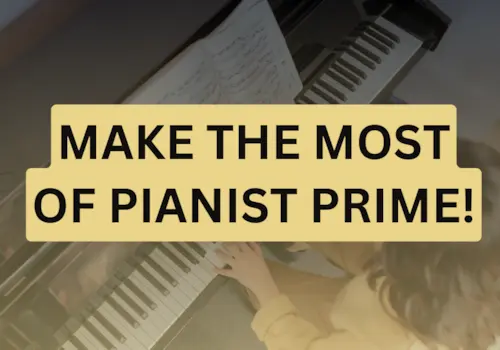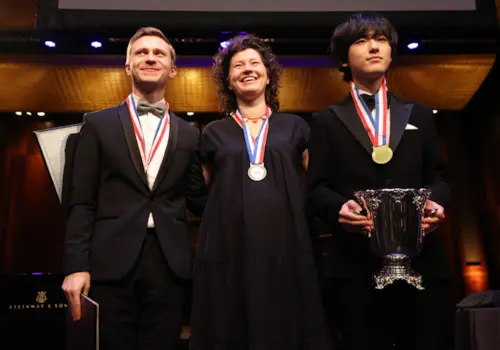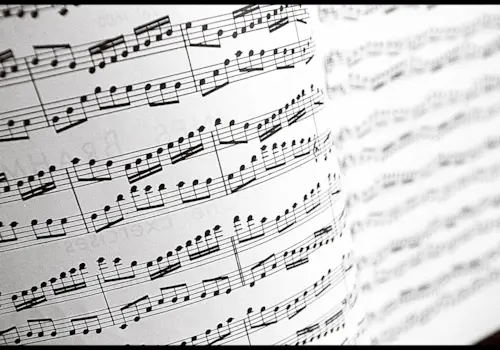Australian pianist and performance coach Carmel Liertz reviews the 11th instalment of the World Piano Conference
‘The World Piano Conference has been on its own journey of growth and we have grown with it. It has absorbed our art, our creativity, our work, our effort, and inspired our lectures, recitals, performers, speakers, guests and our audience … a 10-year-long endeavour to enrich the world piano stage!’ - Mila Stojadinović, Editor’s Catalogue Welcome Note
The World Piano Conference (President, Dorian Leljak) is held annually in Novi Sad, with the combined organisations of the Isidor Bajić Piano Music School, the World Piano Teachers Association (President, Dorian Leljak) and the Isidor Bajić Piano Memorial, along with co-organisers of The Academy of Arts Novi Sad, the Cultural Station Svilara (a new cultural venue) and Matica Srpska (the oldest Serbian literary, cultural and scientific society).
As an Australian pianist, performance coach and performance researcher living 2 hours south of Sydney, I received an invitation in January this year upon recommendation from Dorian Leljak to present a topic of my choice during the 11th World Piano Conference. This is the sort of opportunity one dreams about or ‘visualises’, as I teach in my coaching. (And yes, I had been visualising a work-related European visit, but not quite this one!)
It’s worth noting that the vibrant artistic city of Novi Sad on the Danube - 70 kilometres outside the Serbian capital Belgrade - has been designated a European Capital of Culture for 2021, as part of the ambitious project to give Europeans the opportunity to learn about each other’s cultures and share intercultural dialogue.

Isidor Bajić Music School, Novi Sad, Serbia
Unless you’re actually there, it’s hard to imagine how the World Piano Conference could provide such a smörgåsbord of lectures, recitals, masterclasses/coaching, and winners of their own Piano Competition in one week. All flows smoothly with the finest organisation and friendliest co-operation between participating institutions and participants. The congenial atmosphere is impressive – across three main city venues with the Isidor Bajić Music School Concert Hall being the central hub for presentations.
As the only Australian among 49 presenters from across the world, I felt honoured to be invited. All presenters also contributed their skills by providing extra masterclasses, coaching and individual lessons for pianists from the Music School. The lecture topics were as innovative as they were varied, and I can only highlight a small number of these (with apologies to the other distinguished presenters):

Of the many piano recitals, I’d like to mention two contrasting ones.
One evening recital took place at the Jewish Synagogue with prize-winning young pianists, Zoltán Fejérvári, Alexsandra Świgut, and Adik Neuhaus.

The Jewish Synagogue in Novi Sad. © novisad.travel
As a contrast, the youngest recitalist and winner of the World Piano Teachers Association Special Award was 11-year-old Patrick Hideomi Townsend (UK/Japan) from the UK’s Chetham School of Music. He presented a stunning recital of Beethoven Sonata Op.14 No1, Chopin Etudes Op. 25 No.12 and Op 10. No. 3, finishing with Kabalevsky's Piano Concerto No. 3 in D Major, Op 50 (second piano, Alexsander Demanović).
These pianists we can watch out for in the future.
Though the word ‘conference’ means ‘formal get-together for a meeting of people with a common interest’, the main challenge with international conferences can be that presenters don’t always manage to meet with many other presenters. These personal encounters are invaluable for stimulation, motivation, sharing knowledge, possible future project collaborations and further ‘live’ or online meet-ups.
Now we can create a 21st Century form of the 19th Century ‘Paris Salon’ allowing cross-fertilization and flourishing of the arts – today’s version being creative performing artists meeting ‘online’, giving and receiving feedback, while keeping each other informed of innovative projects and future ‘live’ meetups.
The World Piano Teachers Association have succeeded in providing the foundation for a global network of aspirational prize-winning piano students and dedicated professional pianists/researchers/pedagogues. Novi Sad is the ideal setting for such flourishing musical minds to meet annually on 27th June to 3rd July.
It now remains to be seen how the newly-built Isidor Bajić Music School - opening in 2020 - will further make its musical mark, also for the World Piano Conference, with its ultra-contemporary building design and ambience – creating a new era for the Isidor Bajić Music School, established in 1909 by renowned Serbian composer, pedagogue and publisher, Isidor Bajić.
Article by Carmel Liertz, International Performance Coach, Pianist, Mind-Body Health Researcher, Author of ‘Performance Confidence: A Training Program for Musicians’ at www.performanceconfidence.com
Main image: ©Mark GRK/Flickr







